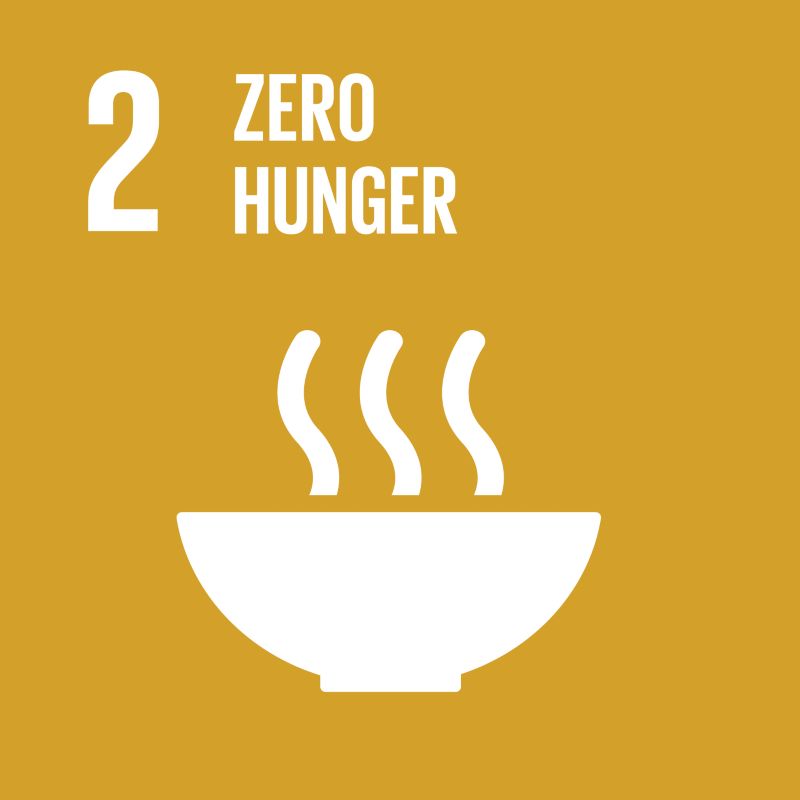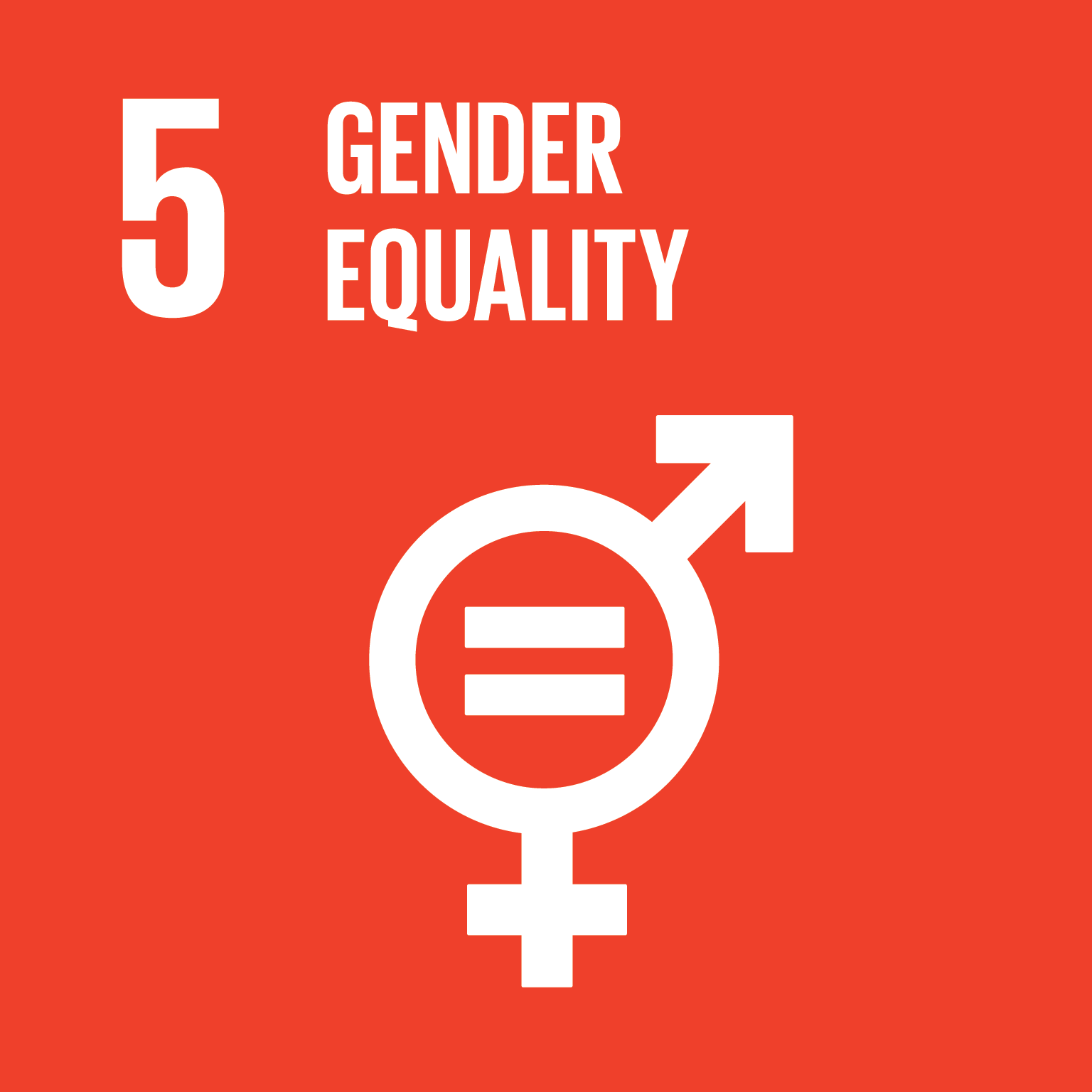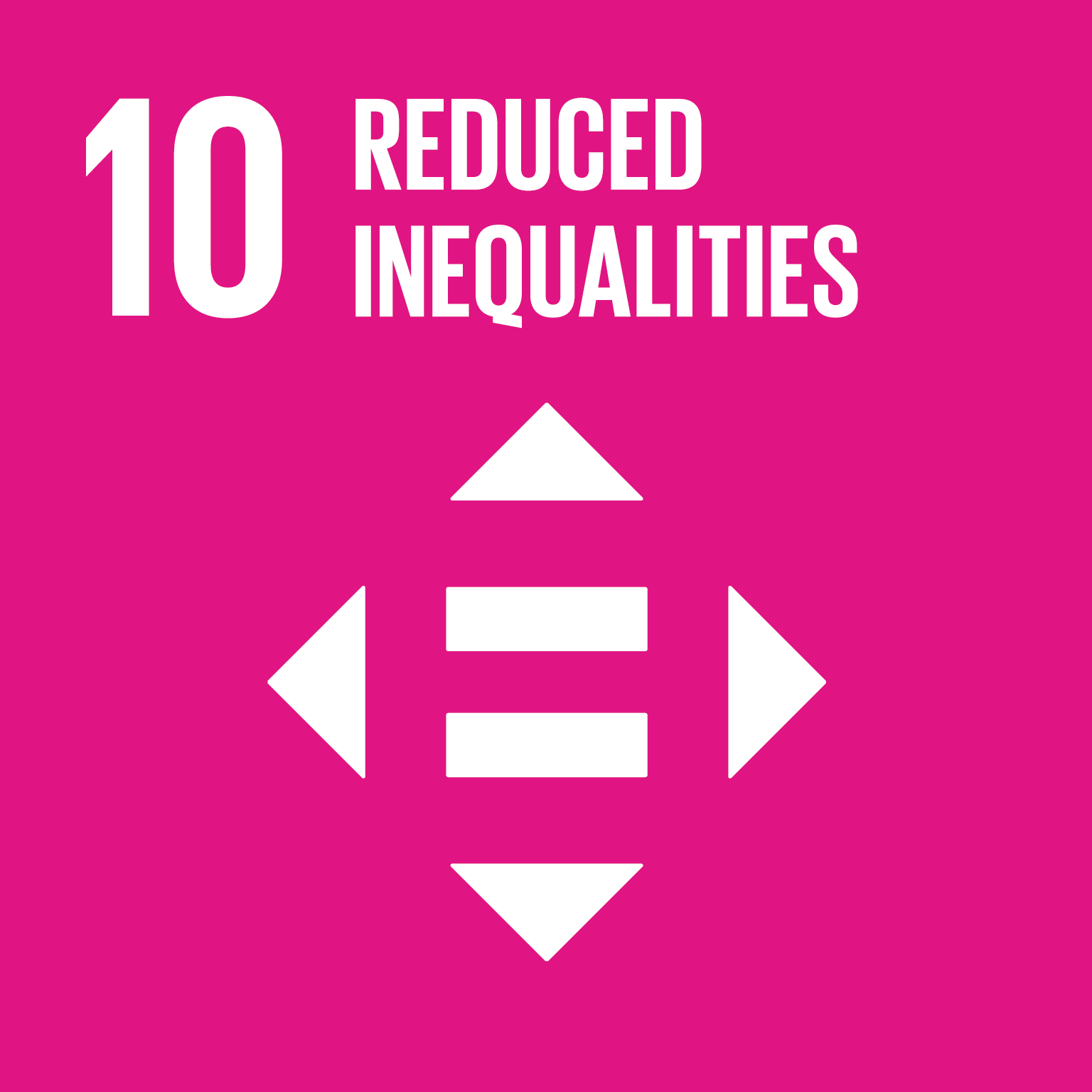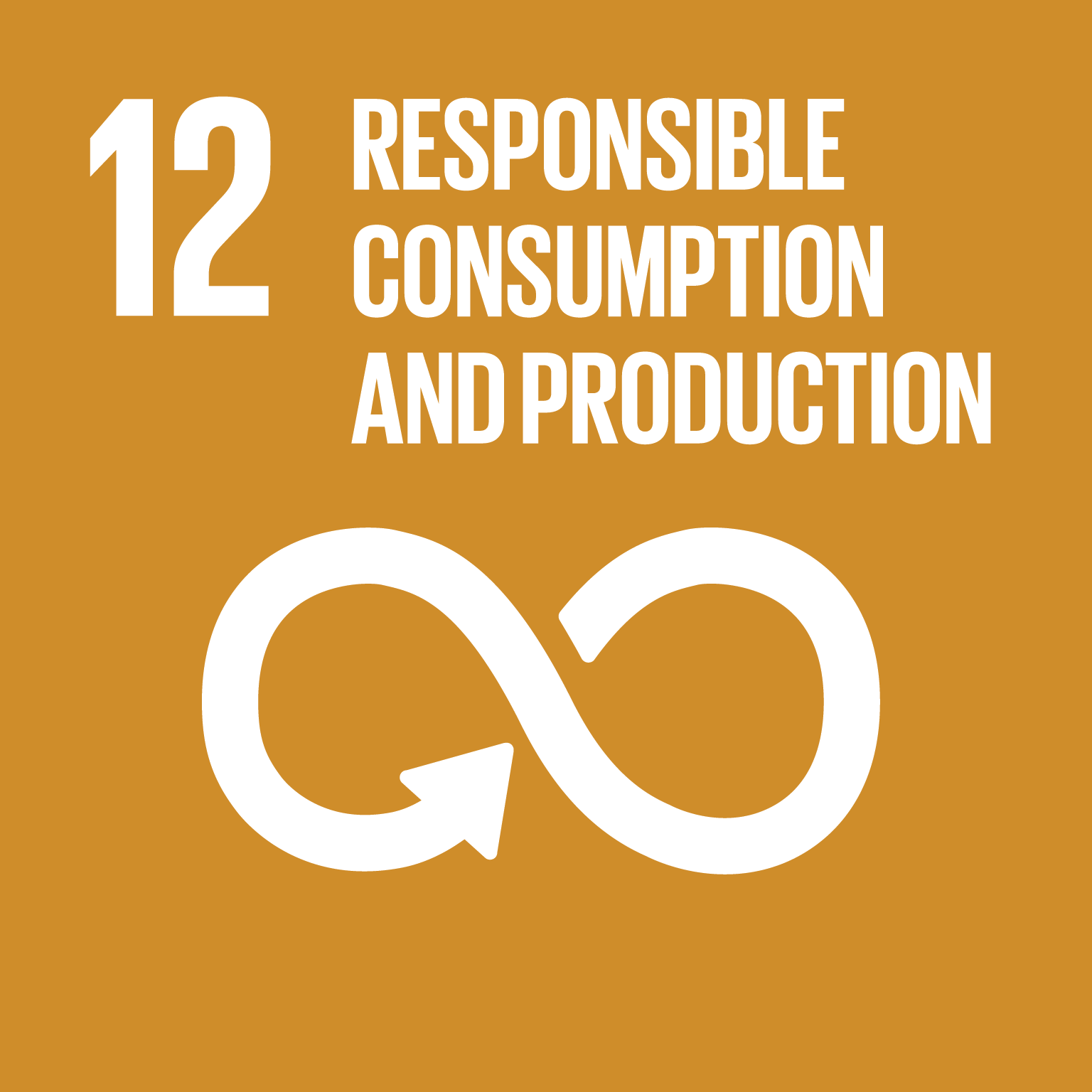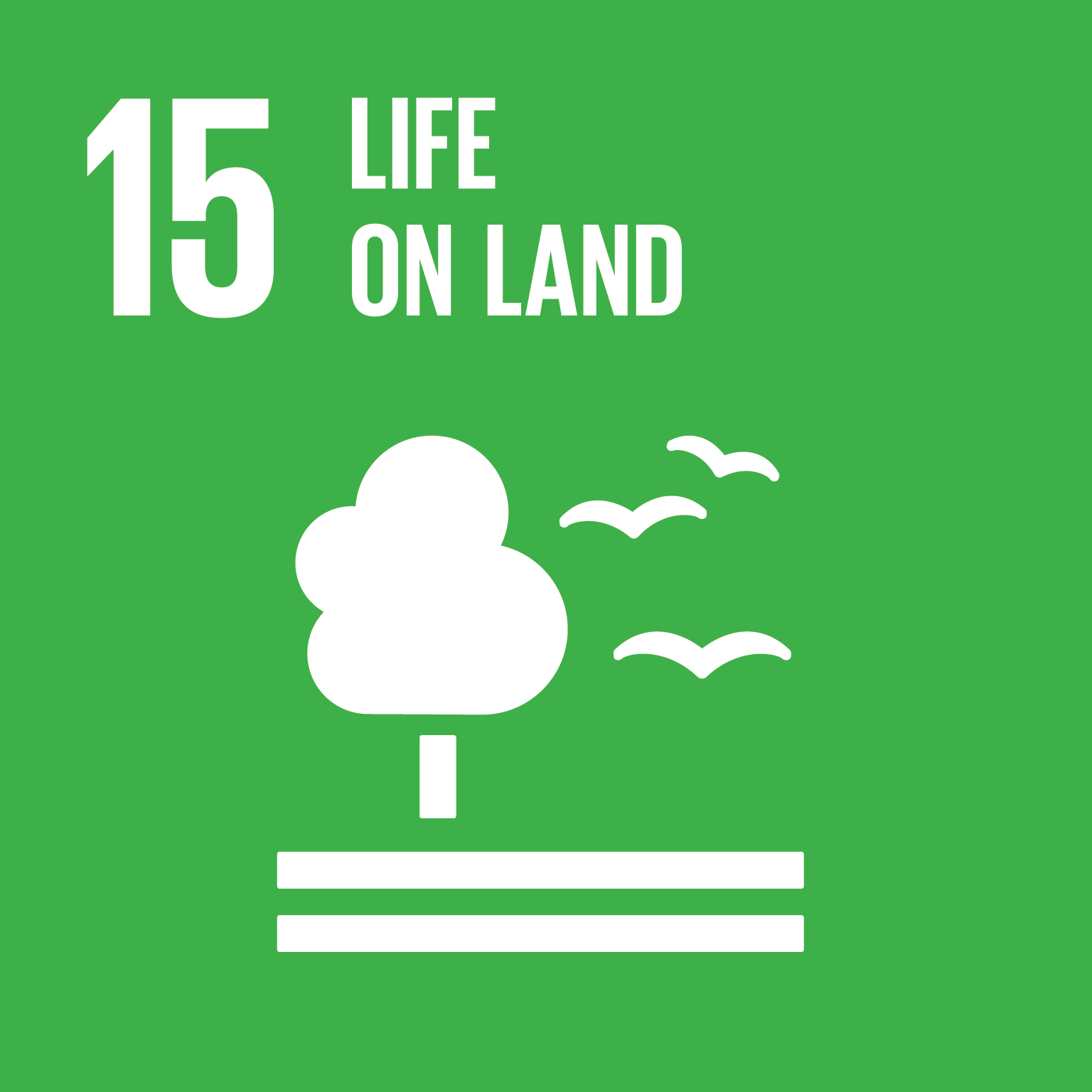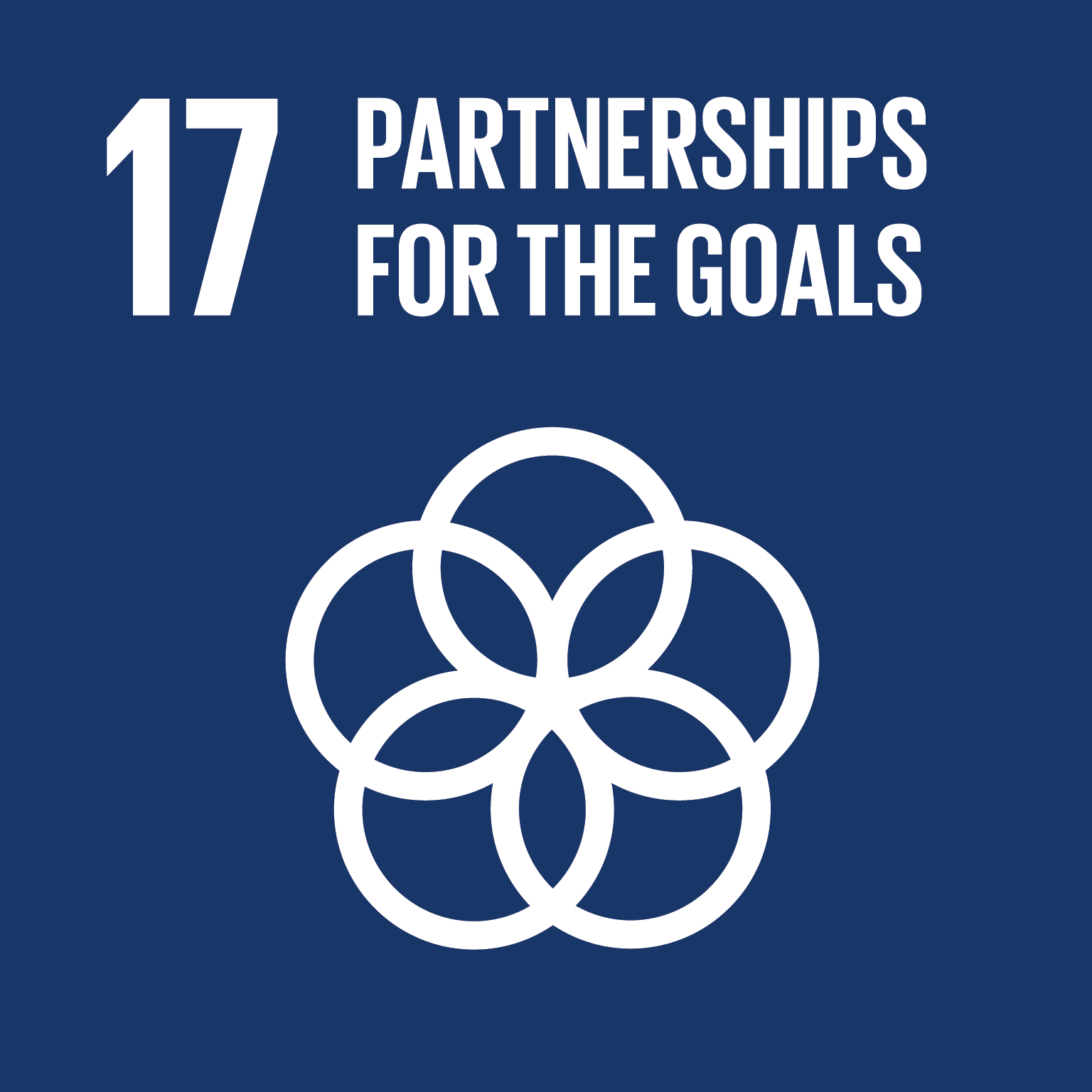This ACIAR project aims to use community-based extension to improve farmers livelihoods in western Mindanao (Philippines).
Farming households in conflict-vulnerable areas of Mindanao face many challenges to improving their livelihoods. These include dislocation to farm activities, difficulty in accessing markets, uncertainty about long-term investment in farm infrastructure, lack of social cohesion, and isolation from government information and services.
This project will refines and evaluates these extension methods in the more complex setting of conflict-vulnerable areas of western Mindanao.
Project timeline: 2013 - 2019
Key contributors: Mary Johnson, Noel Vock and Ann Shangrila Fuentes
Find out more: ACIAR project website.
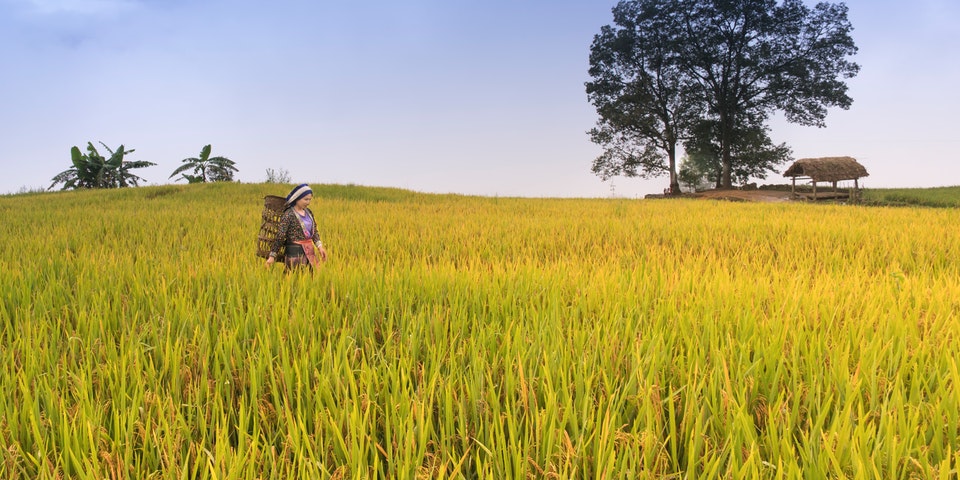
This project addresses the following Sustainable Development Goals and Targets:
2.3 By 2030, double the agricultural productivity and incomes of small-scale food producers, in particular women, indigenous peoples, family farmers, pastoralists and fishers, including through secure and equal access to land, other productive resources and inputs, knowledge, financial services, markets and opportunities for value addition and non-farm employment
2.a Increase investment, including through enhanced international cooperation, in rural infrastructure, agricultural research and extension services, technology development and plant and livestock gene banks in order to enhance agricultural productive capacity in developing countries, in particular least developed countries
5.5 Ensure women’s full and effective participation and equal opportunities for leadership at all levels of decision-making in political, economic and public life
10.1 By 2030, progressively achieve and sustain income growth of the bottom 40 percent of the population at a rate higher than the national average
12.2 By 2030, achieve the sustainable management and efficient use of natural resources
15.3 By 2030, combat desertification, restore degraded land and soil, including land affected by desertification, drought and floods, and strive to achieve a land degradation neutral world
17.7 Promote the development, transfer, dissemination and diffusion of environmentally sound technologies to developing countries on favourable terms, including on concessional and preferential terms, as mutually agreed
17.16 Enhance the Global Partnership for Sustainable Development, complemented by multi-stakeholder partnerships that mobilize and share knowledge, expertise, technology and financial resources, to support the achievement of the Sustainable Development Goals in all countries, in particular developing countries
17.17 Encourage and promote effective public, public private and civil society partnerships, building on the experience and resourcing strategies of partnerships

Get in touch
For more information or to discuss partnership and collaboration opportunities, email us at SDGs@rmit.edu.au.
For more information about RMIT’s sustainability commitments and activities visit www.rmit.edu.au/sustainability
